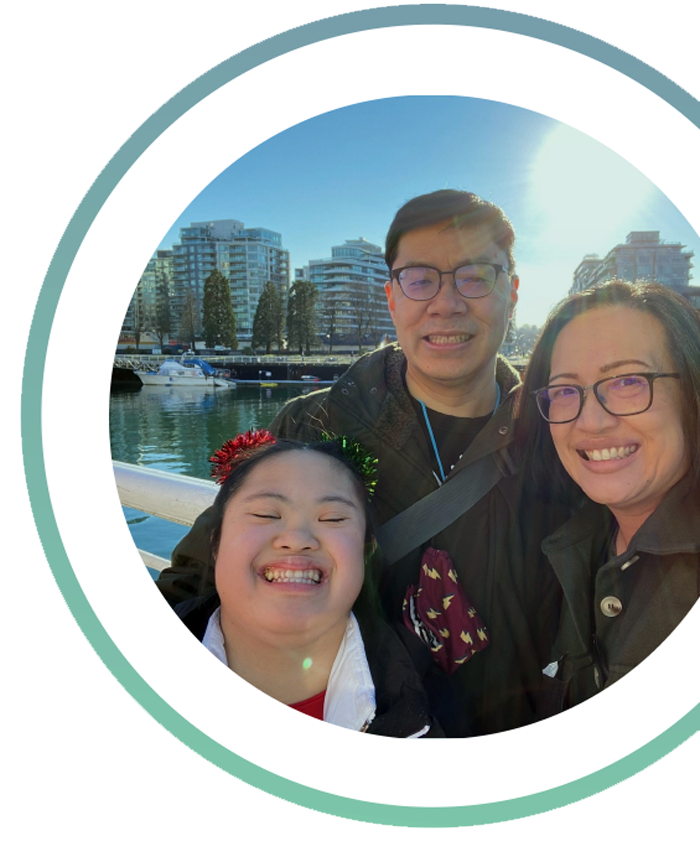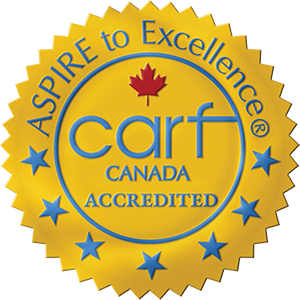Transitioning to CLBC 2
CLBC Services
This is for those who are beginning to think about the world of CLBC, are in the process of transitioning to CLBC, or who have already transitioned but continue to be confused by the CLBC system.
CLBC Services
Globally funded services:
CLBC contracts with a service provider to provide a service to a group of individuals. This is often the contracts that are in place for group community inclusion supports (day programs), supported employment programs, skill development programs, and staffed group homes In the contract between CLBC and the service provider, it will state how many staff to how many individuals. When a person leaves, CLBC will determine (sometimes in partnership with the service provider) who, on the Service Request Registry, would be most suitable for the “funded” vacancy and then of those people, who has the most family need.

Category of Service
Respite
Respite is often the first service offered to families entering into the CLBC world. CLBC can either contract the support directly to the family (individualized funding) or contract the support through an agency who will be responsible for finding a respite worker.
Respite is not based on the GSA. It usually starts $300 per month. If the family is receiving the funds directly, thanks to COVD, CLBC has become more flexible on ways that money can be spent. Families can “occasionally” order a meal in and/or use the dollars for therapy such as horseback riding, counselling, or other such services that will give the family a break.
Community Inclusion Supports
Employment: CLBC contracts with various agencies throughout the province to provide this support. The agency worker will support the person to find a job based on that person’s skills and interests and, over time, fades away to a more monitoring position once the person and employer are confident with one another.

Skill Development: This is one to one support through an agency contracted by CLBC to assist the person to learn more independently skills in the community (ie.: taking transportation) and/or home (ie.: preparing meals). This tends to be a time limited support.
Community Based: These supports can be offered in a group setting or on an individual basis. If it is to be on an individual basis, the GSA will dictate how many hours per week the person is eligible for and on the amount of CLBC funding is available. The group settings tend to on the grounds of the agency providing the service. These supports are focused on skill building, recreation and community activities.
Home Based: Depending on the needs of the person, this support is available to the person in their own home. Again, the number of hours per week depends on the GSA.
Learning, Inclusion, Friendship and Employment Program (L.I.F.E.): This is the newest program that CLBC is introducing to agencies. It combines support for individuals interested in employment but who also want to connect with their community, pursue life-long learning, and build meaningful relationships. The goal of this support is for the individual to have a life beyond paid services.
Residential
Supported Living (outreach/cluster): This service is for individuals who do not require 24 hours per day support. The support person will come to the person’s home and assist with daily living activities at times when the person requires that help. Some organizations have purchased a number of suites in an apartment building and rents those suites to CLBC eligible individuals at a subsidized cost. The organization provides a support worker to assist with those individuals who reside there (thus, the term “cluster”).
Shared Living (Homeshare or Live-In Support): The most common option that CLBC offers is where the individual moves into the home of a single person, a couple or a family. The caregiver is paid based on the individual’s GSA. CLBC contracts with a service provider who is then responsible for completing a criminal record check and home study as well as the ongoing monitoring of the home. The individual could have their own suite in the caregiver’s home or has a bedroom on the same floor as the caregiver.
The other option is that the individual has their own residence and a caregiver moves into the individual’s home to provide the support. A growing number of families are becoming interested in this latter option – if the caregiver retires or can no longer provide the support, it is the caregiver who has to move, not the individual.
Staffed Residential: This option is not available to individuals who have a GSA of 3 and is frequently not available for individuals who have a GSA of 4. This option is where the individual lives in a home with one to three other individuals, usually of similar need, and receive ongoing support from staff who work at scheduled times through the day and night.
There are some unique circumstances where the individual is in a home of their own and is provided with 24-hour staffing. There are other circumstances where there are two individuals who live in the same home but live in different parts of the home (ie. upstairs/downstairs) and receive their own staff during the day and some of the evening but share an overnight staff.

By Family Support Institute of BC

